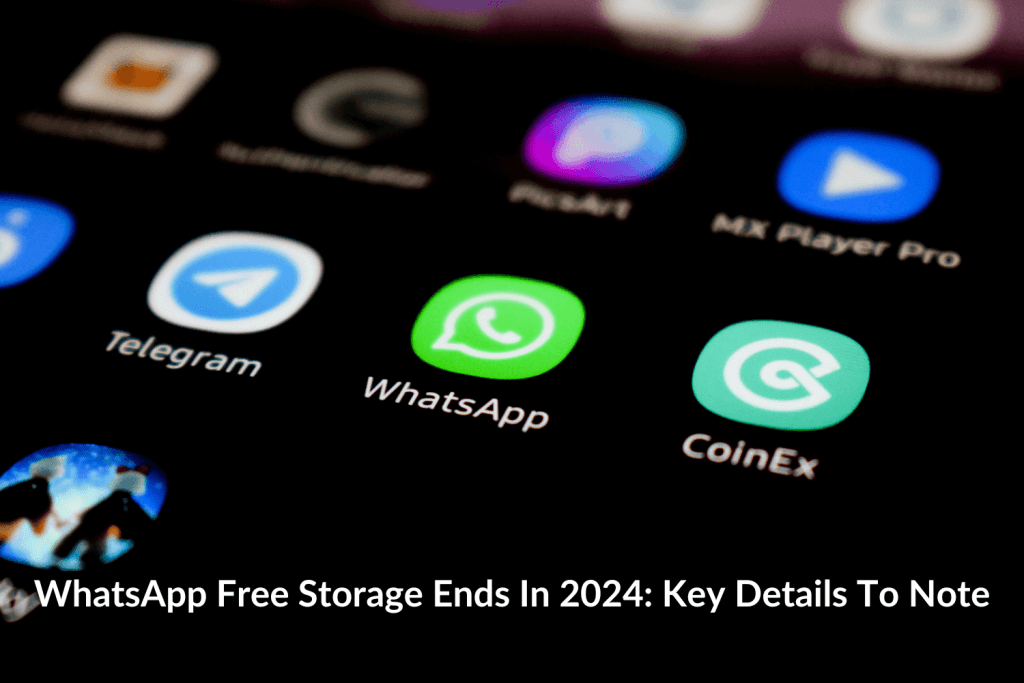WhatsApp, the popular messaging app, has recently announced a major change in its data storage policy that will affect millions of users who rely on Google Drive to back up their chats, photos, and videos. Starting in early 2024, WhatsApp data will count towards the storage quota of the Google Drive account, meaning that users will no longer enjoy unlimited storage for their backups.
This change is being previewed for beta WhatsApp users on Android, who will start seeing a notification in the chat backups section of WhatsApp settings, informing them about the upcoming adjustment. The notification clarifies that backups on WhatsApp will soon use Google Drive storage space and advises users to manage their data before the new policy takes effect.
WhatsApp will start notifying users 30 days in advance with a banner in WhatsApp Settings> Chats > Chat backup. The message will also appear in the chat backups section of WhatsApp settings, stating that backups on WhatsApp will start using your Google Drive storage in the next few months.
WhatsApp has also set up a dedicated help page, offering guidance and outlining a tentative timeline for the transition. Additionally, the app has introduced a storage review feature, which allows users to check how much of their WhatsApp data is using their storage capacity.
What does this mean for WhatsApp users?
Users who have a lot of WhatsApp data may need to take some actions to avoid losing their backups or paying extra for Google Drive storage. Here are some options to consider:
- Delete unnecessary or old chats, photos, and videos from WhatsApp. You can use the storage review feature to identify and clear the data that is taking up the most space.
- Back up your WhatsApp data to your local device, such as your phone or computer. You can use the WhatsApp Chat Transfer tool to transfer your chats between Android devices.
- Purchase additional storage from Google Drive or Google One. Google offers various storage plans starting from 100GB, which you can use to store not only your WhatsApp data, but also other files from Google services, such as Gmail, Google Photos, and Google Docs.
- Switch to another messaging app that offers free or cheaper cloud storage options. Some alternatives include Telegram, Signal, and Viber, which have different features and policies for data backup and security.
WhatsApp’s new storage policy is a significant shift from the current one, which has been in place since 2018. Users who value their WhatsApp data should be aware of the upcoming changes and take the necessary steps to protect their backups. Alternatively, users who are unhappy with the change may consider switching to other messaging apps that suit their needs and preferences better.
In conclusion, the end of free Google Drive storage space for WhatsApp on Android users will affect millions of users. However, users can avoid paying by clearing out old files, photos, and videos from their Google account or subscribing to Google One. It’s important to note that WhatsApp backups on Android will continue to work, as long as you have available space within your Google Account storage. If you hit your storage limit, you’ll need to free up some space or subscribe to Google One.

